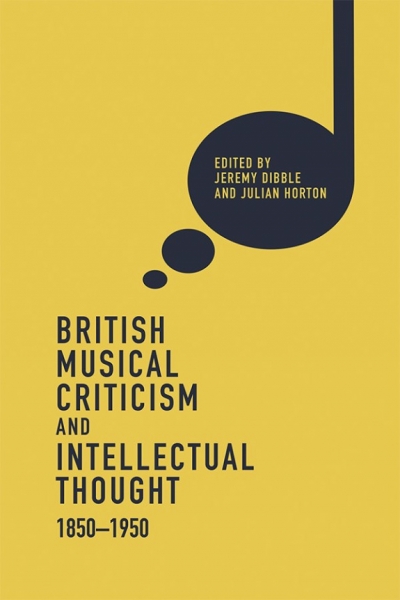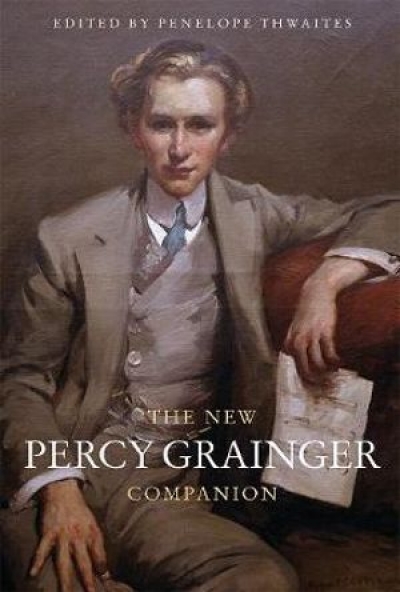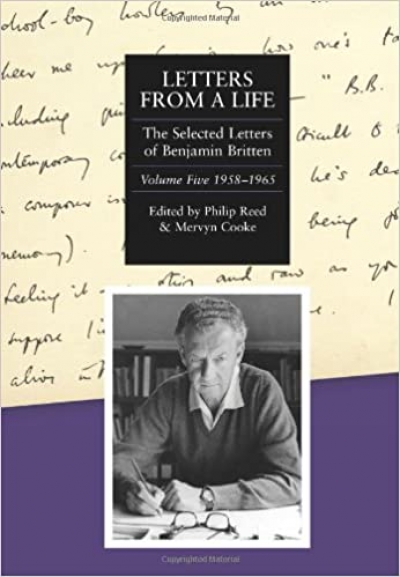The four years prior to the period covered by this new volume of Britten’s letters had been difficult for the composer, with the first real setbacks in a hitherto charmed career. In 1954, his opera Gloriana celebrated the dawn of a new Elizabethan age by looking back to the final, troubled years of the first Elizabeth’s reign, in particular her private life. Not only did the opera fail to please the first-night toffs, it was also the subject of questions in the House of Commons, the Establishment having hoped for something more like Merrie England in the coronation year. Then, in 1956, Britten’s only ballet score, The Prince of the Pagodas, caused him unprecedented difficulty: this most fluent and professional of composers was encountering something like writer’s block.
...
(read more)



